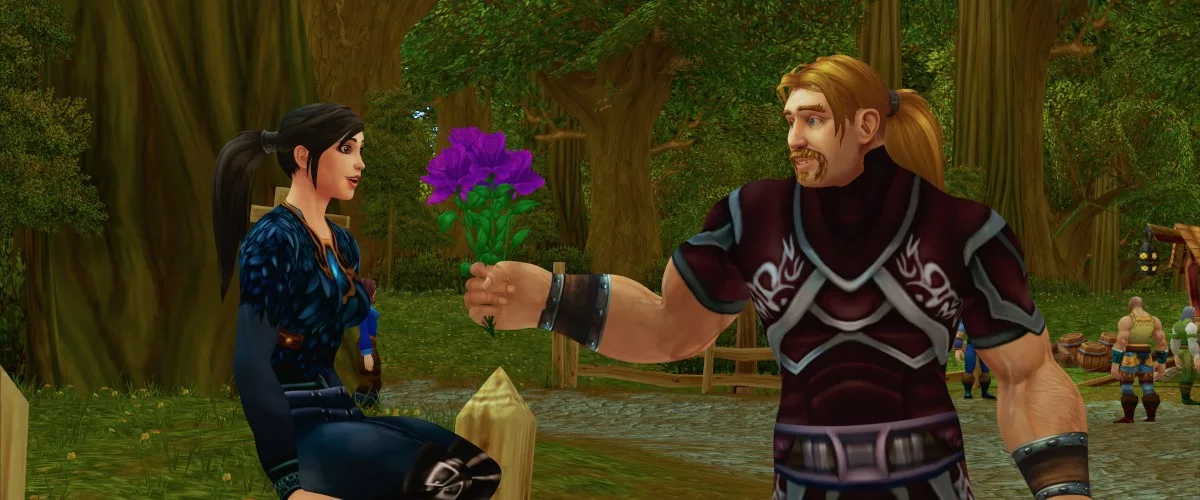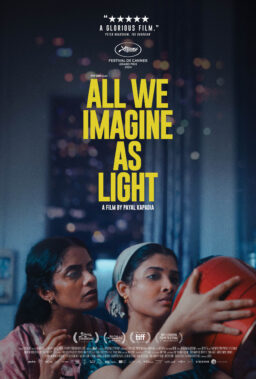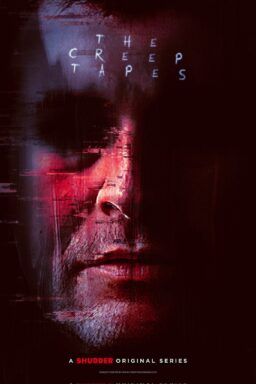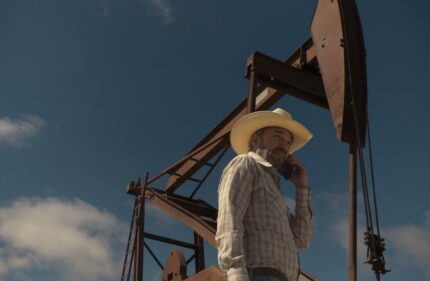I put off watching "The Remarkable Life of Ibelin" for a long time because I knew it would destroy me and I'm an emotional coward. Multiple friends and colleagues said they cried from minute one to the end. And as a father of three boys, I knew the story of someone taken far too young, and after years of a debilitating decline, would devastate me. It did. But it's important to make clear how much this excellent movie isn't about misery or pain. It's about empowerment, empathy, and the impact we can have on one another, even those we never meet. You'll cry. It's worth the tears.
Mats Steen was born in 1989, and before he was even a few years old, his parents knew something was wrong with his development. He was diagnosed with a truly cruel disease called Duchenne Muscular Dystrophy, which weakened his physical state with each passing year, leading to his death at the age of 25. The opening half-hour of "The Remarkable Life of Ibelin" details his existence through interviews with his emotionally vulnerable parents & sister, alongside home videos that make his fading physical condition palpable. It's a tragedy told through family events like vacations and gatherings. But it's only the introduction to this movie.
After he passed, his parents discovered that Mats had spent possibly as much as 20,000 hours in a game called "World of Warcraft," where he created an avatar named Ibelin. To say he had a rich online life would be an understatement, and director Benjamin Ree unpacks Mats' alter ego Ibelin through the reams of text messages that the game saved online. It really allows for an understanding of not only why this experience mattered to him, but how much Mats shaped the lives of others through his encounters. He made friends, had his first crush, encouraged growth in others, and found his best self. A lot of modern culture derides screen time as a fruitless pursuit, but one thing that director Benjamin Ree does well is illustrate its potential connective value. It really can bring people together in ways that forever changes them.
The strongest parts of Ree's film are in the interviews with people who knew Ibelin, as they explain who he was online and how he impacted their lives. Whether it's the time he wrote a letter to the girl he liked after her parents took her computer away or how he basically mended a bridge between a mother and child, Mats wasn't just playing a game; he was living a life. And he was doing so in the kind of open, honest, empathetic way that we all should aspire to be more like in the real world.
Ree's access to the personal stories, blog posts by Steen, and recordings of his online conversations allows him to use the visuals of "World of Warcraft" through much of the film. It's a brilliant choice, allowing us to hear his voice and see his world. "In there, my chains are broken," he says, a reminder that we are so much more than our physical presence, and how much technology has allowed redefinitions of what it means to be human. It's not that Mats Steen was someone else in a virtual world—he was his true self. He was kind; he was empathetic; he was gigantic. And Ree wisely doesn't just tell us who Mats was; he shows us through the same lens that Steen saw so much of his life.
"Thank you for making a difference," says a friend at his funeral. Isn't that what we all want someone to say about us? We sometimes underestimate the differences we make in this life, especially when we're facing depression or just the difficulty of daily existence, questioning our value. Who knows how that random act of kindness you chose years ago altered the trajectory of someone you barely remember? Or maybe someone thought back to something you said in a moment of darkness? We think of being "there for other people" in big, grand moments, but it's just as important to be decent, kind, and empathetic in our minor interactions in life. That's what I take away from the story of Mats Steen, not a story of how a young man died, but a story of how we all should live.
In limited theatrical now. On Netflix on October 25th.


















